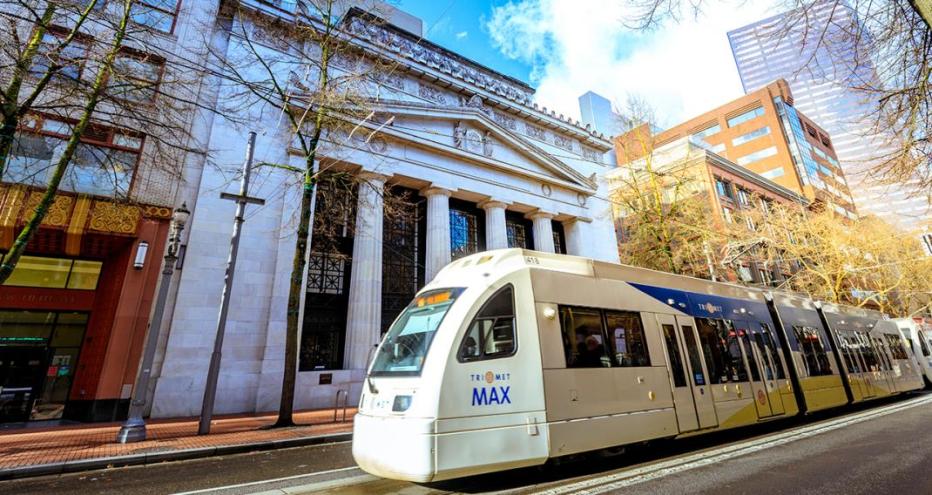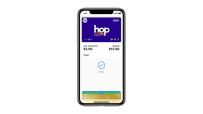



Jacobs. A world where you can.



As climate change threatens water security around the world, more communities are turning to water reuse as a resilient water supply solution and embracing the OneWater principle that all water has value. Jacobs has been supporting clients with water reuse programs for decades, beginning with the first applications of advanced wastewater treatment technologies in the 1960s. We provide our clients with a full range of services, from water reuse feasibility studies to design, construction and operations.



We’ve provided design-build services to the water sector for over 25 years and delivered more than 150 projects. We offer fully integrated design-build and design-build-operate capabilities to tackle the most complex water challenges and work in close collaboration with our clients.



For more than 30 years, Jacobs has been responsible for planning and implementing Lead and Copper Rule-related strategies which protect millions of people in the U.S. and Canada. Our work includes enhanced water quality monitoring strategies, sampling plan development, harvested pipe-scale analysis, lead service line inventories and replacement plans, corrosion control studies and the incorporation of equity and environmental justice considerations into compliance programs.



A curated selection of some of the top-listened to and trending podcast episodes from our popular If/When podcast series.



As a purpose-led company, we know we have a pivotal role to play in addressing the climate emergency. We consider this not only good business, but our duty to channel our technology-enabled expertise and capabilities toward benefitting people and the planet.



We work in partnership, delivering some of the most challenging, diverse and innovative projects and programs globally across multiple sectors. We integrate complex interfaces across planning, procurement and delivery to help unlock better social, environmental and economic outcomes from mega and giga projects.



As our clients navigate the digital transformation and growing cyber risks, we have positioned ourselves at the forefront of this growth, adding digital capabilities, products and tools to serve a growing set of customers.



Sit down with our visionary team of thinkers, dreamers and doers to see what a day in the life is like.



Together with our visionary partner, PA Consulting, we're establishing our position in high end advisory services, creating a springboard to expand in high value offerings beyond the core.


At Jacobs, we're challenging today to reinvent tomorrow by solving the world's most critical problems for thriving cities, resilient environments, mission-critical outcomes, operational advancement, scientific discovery and cutting-edge manufacturing, turning abstract ideas into realities that transform the world for good. With approximately $16 billion in annual revenue and a talent force of more than 60,000, Jacobs provides a full spectrum of professional services including consulting, technical, scientific and project delivery for the government and private sector.



The only certainty about the future is uncertainty. Resilience is an attribute of a smarter planet, and requires planning and adapting ahead of potential threats. We help our clients survive, recover, adapt and thrive.



Jacobs is working to help clients across the United States secure federal funding for projects that make our cities and communities more connected and sustainable. Working hand-in-hand with clients from coast to coast and everywhere in between, Jacobs develops bold, innovative solutions to address the nation’s toughest challenges.



Now more than ever, we appreciate the hard work, sacrifice and dedication of the medical profession in ensuring the health and safety of our communities.



Together, we are stronger. Together, we can transform the future.



Stories that capture our partnerships and innovative impact for a more connected, sustainable world



From airports and movie theaters to police departments and sporting events and concerts, paper is out and technology is in when it comes to ticketing.
While the internet made getting tickets to your next show or trip easier than through the mail or at will-call, mobile-based ticketing/fare payment systems make getting what you need and where you need to be even easier. For those with a lead foot, the shift has even made the unfortunate speeding ticket experience snappier.
Many a traveler have experienced the moment of panic felt when a ticket is misplaced, even for a second, but thanks to mobile and electronic fare payment, gone are the days when losing or accidently tossing out your ticket could keep you from your travel (looking at you, Home Alone’s Kevin McCallister).
Set to account for more than one in two ticket transactions on digital platforms by the end of this year according to a report from Juniper Research, digital ticketing (mobile and electronic-based) translates especially well to the transportation market because of the high frequency and volume of trips across mobility platforms.
Attractive public transit systems are essential to mobility and city livability. Recent studies in the U.K. showed that people’s wellbeing goes up by about 10% if they have access to good public transport. Because trends indicate that a growing number of people are electing to use their phones to purchase metro and bus tickets in nearly every large U.S. city, major cities and hubs need to hop on the digital trend soon if they haven’t already – or risk losing ridership in favor of other options.
But what if we showed you how Jacobs and TriMet, Oregon’s largest regional transit agency, embraced the digital revolution by implementing an electronic fare system that’s connecting riders with a smarter, quicker way to ride in one of the country’s most transit-friendly locations?
in open payments annually (and counting)
Hop card taps annually (and growing) and 72,000+ Taps per month using Hop virtual card (and rising)
virtualized transit fare cards within Apple and Google wallets, in North America and globally, respectively
cash fares paid in 2019 (a reduction from 23% in 2018)
“A modern eFare payment system provides transit riders with multiple ways to quickly and conveniently pay their fare, all of which are far more secure than their paper or cash-based alternatives. They also provide on-the-go transit riders with convenient ways to purchase fares and manage their transit fare accounts via their mobile devices. Finally, modern payment systems can help transit agencies to reduce operating costs through lower equipment maintenance and reduced cash handling, and data generated from the eFare system provides agencies with an extremely valuable service planning tool that enables them to focus service enhancements where they are needed most.”
Brin Owen
Jacobs Transit Fare Collection & Payment Systems Leader
When the U.S. Pacific Northwest – Oregon, Washington and Idaho, and usually Montana and Wyoming – boomed in population during the 1990s, its growth increased at nearly twice the rate of the rest of the country and 50% faster than the global population. All those people needed to get around, to work and school and to recreational, medical and retail opportunities, and public transit agencies answered, bringing the region some of the most lauded public transit systems in the country, thanks to the progress particularly in Portland, Oregon and Vancouver, Washington.
Today, this portion of the region’s residents are driving nearly 25% less than similar sized U.S. metro regions and even those who own a car are making different choices about how to get from point A to point B.
In Portland, Oregon TriMet provides over 97 million rides, across buses, commuter rail, light rail and paratransit service each year. Across the Columbia River in Vancouver, Washington, C-TRAN adds another six million annual rides. While 86% of TriMet riders do own a car, they ride public transit by choice.
To ensure public transit continues to be a smart, efficient choice for tomorrow, TriMet made the decision to make the leap into the digital age and brought in Jacobs to assist with plans for a new way to bring transit fare payment across the region into one easy-to-use, smart system.

Since 2012, TriMet has been working with partners, including our payment systems experts, to develop its new, regional account-based, open payment electronic fare system called Hop Fastpass®. Hop Fastpass replaces most paper ticketing across the region, and allows riders of TriMet, C-TRAN and Portland Streetcar to pay their fares using bank-issued credit and debit cards, agency-branded smartcards, smart phones, wearables and chip-enabled tickets, distributed from vending machines. In addition to providing customers with a more convenient and secure way to pay, Hop is expected to lower fare evasion and reduce costs associated with ticket vending machines, cash purchases and collection processing. It’s also providing the three transit operators with valuable information about how customers use their services which in turn will be used to enhance service planning.
Jacobs is the prime consultant for the planning, design, procurement and implementation of the Hop system, which officially launched in 2017.
During Phase 1, we provided technical and management services in support of planning and design of the new system, including development of a concept of operations, procurement alternatives, cost estimates, partnership agreements and technical specifications. During the second phase, we provided support for procurement, vendor selection, test witnessing and installation oversight – and we continue to support system expansion and enhancements.
The Hop Fastpass system is globally recognized for its improvements to transit fare payment. The program established many industry firsts that other agencies are now using to model programs of their own – but what exactly makes it so great?
In 2018, Hop became the first system-of-its-kind globally to work with Google to allow customers to pay their fares using a virtual transit fare card within Google Pay and in mid-2019, Hop achieved another first in launching a virtual fare card in Apple Wallet. Our team helped facilitate the initial discussions and design meetings with both Google and Apple to create the first virtualized transit fare cards within each platform.
What’s next for Hop Fastpass? TriMet plans to phase out most non-Hop paper and mobile tickets by the end of this year as the agency connects people with their community, while easing traffic congestion and reducing air pollution, ultimately making the Portland/Vancouver region an even better place to live.